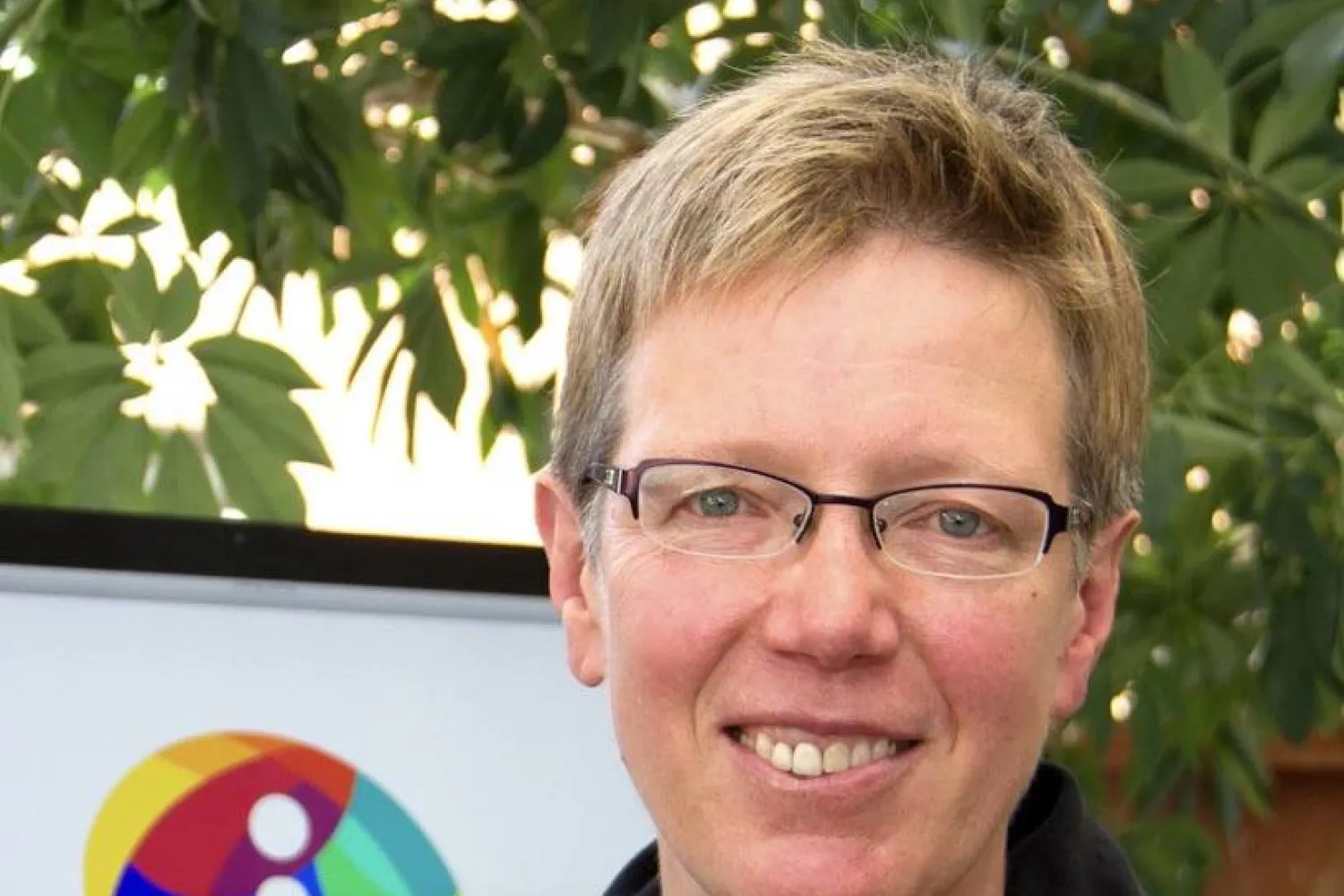OCAD U Professor Dr. Jutta Treviranus, an expert in inclusive design and research, has been invited to join the Canadian delegation attending the G7 Ministerial Meeting on Inclusion and Disability, taking place from October 14 to 16, as part of the G7 Italia Summit.
Dr. Treviranus, who is also the Director of the University’s Inclusive Design Research Centre, will speak on the topic of equitable artificial intelligence (AI). She has also been invited to speak on the same topic at the G20 Brasil and will deliver a keynote at the G20 Brasil Research and Innovation Working Group, also being held in October.
“Artificial intelligence can be seen as a power tool, like moving from a hammer and chisel to a powerful motor,” she says. “It can do the things that we have done before but more accurately, consistently and efficiently.
However, she says that when it comes to people living with disabilities or those who are most vulnerable in society, “AI is amplifying, automating and accelerating a pattern that already ripples through every aspect of our lives, creating greater and greater disparity within our society.”
AI can be life changing when it translates visual information, speech, sound and movement into accessible forms. But as Dr. Treviranus says, “AI can also create harm, making things worse for people who are already struggling while benefiting people who are already doing well.”
She says that AI, in that sense, is like a magnifying mirror of our current society, exaggerating existing patterns of disparity.
“Disability means you are sufficiently unlike the average and as such, the world is not built for you. Because of this, a person faces what we call statistical discrimination when they are the subject of AI decisions,” says Dr. Treviranus.
The focus of AI protections has been on the lack of fair representation of disabled people in the data used to train AI.
“However, even if we have full and fair proportional representation of disabled people in the training data, the machine will still side with the statistically average. Disabled people, by virtue of their difference (from the average and from each other), have no statistical power,” she elaborates.
For Dr. Treviranus, “we need to invert AI to support and optimize difference moving from exploitation to exploration algorithms in employment. AI is designed to optimize the success patterns of the majority. The OCAD U Centre for Inclusive Design Research Centre is exploring how we can push the machine to support people whose needs are far from what we call average.”

